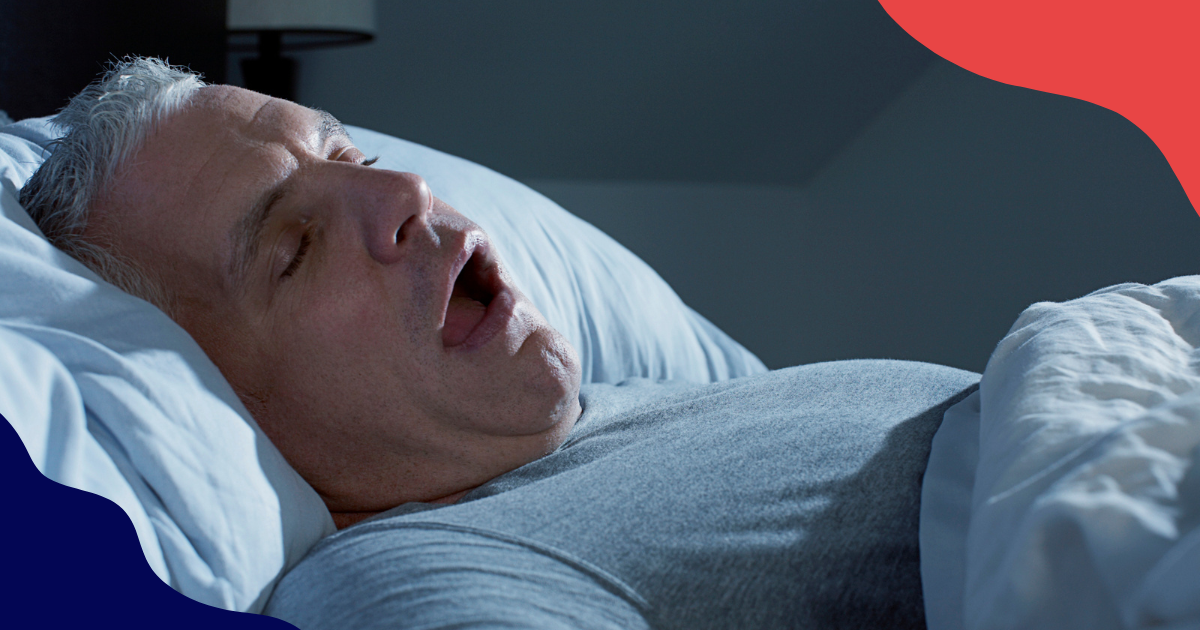Your kidney isn’t the only thing that can fail when you develop kidney disease. Men may also experience issues with having an erection as an unfortunate complication. While kidney disease is not as renowned as cardiovascular issues and hypertension, it’s also a driver of erectile issues. This article delves into the complex connection between kidney disease and erectile dysfunction (ED).
A Snapshot of the Kidney
The kidney is a bean-shaped organ under your ribcage, just behind your belly. While it’s known chiefly for filtering the blood and being part of the urinary system, the kidney has many critical functions. It also regulates the pH balance of your blood, secretes hormones such as erythropoietin (for red blood cell production) and calcitriol (for calcium absorption), releases renin to increase blood pressure when needed, and helps supply glucose if blood sugar levels are low. Developing kidney disease could lead to complications that may impact erectile function.
As the kidney is close to the stomach, pain originating from the kidney can sometimes be mistaken for digestive issues or stress. This can cause kidney disease to be ignored until it’s already advanced. While pain in the area of your kidneys is a telling sign that you should consult a nephrologist (kidney specialist), kidney issues have other symptoms such as:
- Hematuria (bloody urine)
- Bubbles in urine
- Frequent urination
- Nocturia (excessive urination at night)
- Poor urinary flow
- Urinary hesitancy (difficulty starting urination immediately)
- Muscle stiffness
- Itchy and dry skin
- Swollen ankles and feet
- Insomnia
- Puffy eyes
- Decreased appetite
Common Kidney Disorders
When people hear about kidney disease, they often think of chronic kidney disease (CKD), but there are many other disorders related to the kidney that also inhibit erectile capacity. Here are some of the most prevalent and well-known kidney diseases:
- Chronic Kidney Disease (CKD) – This is diagnosed when your kidneys have lost some of their functions. It’s usually a result of diabetes and hypertension, conditions that also cause ED. A meta-analysis found that 76% of men with CKD also have ED.
- Kidney Stones – This condition occurs when minerals and other substances in your kidney crystallise or form a solid mass. Kidney stones can be painful, as the stones can block urine flow or cause the kidney to fail. A study found that 29% of its patients with kidney stones also have ED.
- Renal Failure – CKD is often followed by kidney failure, or renal failure, which is when the kidney no longer functions on its own. If both kidneys fail, men will need continuous dialysis or a kidney transplant. ED is a symptom of renal failure.
- Kidney Cancer – Kidney cancer occurs when there’s a harmful abnormal growth of cells in the kidney. The most common type of kidney cancer is renal cell carcinoma. Research shows that men with metastatic renal cell carcinoma can experience erectile dysfunction due to the condition itself and cancer treatment.
- Uraemia – When the kidney cannot filter wastes properly, toxins can build up in the bloodstream, leading to uraemia. Uraemia becomes more dangerous the longer the patient remains untreated. Research has found links between uraemia and ED.
Kidney Problems Affecting Erection
Complications can arise from kidney diseases that prevent men from having an erection. Here are the factors that contribute to an increased risk of ED for men with kidney disease:
High Blood Pressure
Hypertension, which is a cause of ED, can lead to kidney diseases, but the reverse is also true. Having problems with your kidneys can also lead to high blood pressure. One of the kidney’s functions is to clean the blood and release fluid through urination. The tiny vessels that filter blood in the kidney can get damaged, resulting in excess fluid (which increases blood pressure). There’s also renal hypertension, which occurs when the kidney does not receive enough blood and compensates by increasing blood pressure.
Venous Leak
High blood pressure isn’t the only circulatory problem originating from kidney issues. One of the most common causes of erectile dysfunction is a venous leak. For an erection to occur, the veins narrow so that the blood entering through the arteries remains in the penis. If there is a problem with the blood vessels, the blood can move backwards out of the penile cavities or “leak”. Men with kidney disease may experience venous leaks, causing difficulties with starting and maintaining an erection.
Hormonal Imbalance
The kidney is part of the endocrine system, alongside the testes, the organ responsible for producing testosterone and sperm. This means that any problems with the kidney may impact your hormones. Testosterone deficiency is common among men with kidney disorders. Uraemia (toxic blood) may impair the hypothalamic-pituitary-gonadal axis (various systems involved in hormone release). Chronic kidney disease can also disrupt the luteinising hormone (LH) in the Leydig cells, which triggers testosterone production. Testosterone is crucial for erectile function.
Nerve Damage
Another consequence of excess toxins in the blood is their potential to disrupt the autonomic nervous system (ANS), a network of nerves controlling your biological processes by sending instructions to cells and tissues. The parasympathetic nervous system (relaxation) and sympathetic nervous system (stress) are both under the ANS. Your parasympathetic nervous system needs to be active for an erection to occur without problems. Any disruptions can lower testosterone and reduce erectile capacity.
Chronic Fatigue
One of the symptoms of kidney disease is chronic fatigue. This is inevitable because your body is under strain from the buildup of toxins in your blood. Kidney disease can also cause anaemia, as impaired kidney function can decrease in red blood cells. Anaemia can result in reduced blood flow to the penis. If you are iron-deficient, your nitric oxide levels may also be low. Nitric oxide causes the arteries to dilate in the penis during an erection.
Low Libido
Low testosterone and chronic fatigue can blunt your sexual desire. If your energy levels are low, your body will prioritise using energy for essential functions rather than sexual arousal. Arousal is crucial as it is the critical trigger for your brain (hypothalamus) to start the erectile process. Even if you manage to initiate an erection, low libido can also cause you to lose it quickly, which is another form of ED. This may lead to men developing premature ejaculation (PE) as a way of coping with short-lived erections.
Depression/Anxiety
The hardships that come with having kidney disease can lead men to develop depression or anxiety. This is compounded by the hormonal imbalance and chronic fatigue they are experiencing. If men develop ED due to chronic disease, their mental health may worsen further. Men with ED often suffer from poor self-esteem and may even begin to question their masculinity. They may also face relationship conflicts, as ED can interfere with sexual intimacy. Depression is one of the top psychogenic causes of ED.
Comorbidities
Kidney disorders and ED co-occur with other chronic diseases such as hypertension, diabetes, and atherosclerosis. Those with kidney disease often have elevated levels of cholesterol and glucose, which is why men may also develop atherosclerosis (blockages in the blood vessels). If the blood can’t reach the penis due to plaque buildup, an erection won’t occur. Meanwhile, diabetes may also damage the nerves in the penis. Research found that 66.3% of men with type 2 diabetes and 37.5% of men with type 1 diabetes suffer from ED.
Medications
Doctors may prescribe certain medications that have ED as a side effect to manage the complications or comorbidities (co-occurring diseases) that result from kidney disease. For high blood pressure, men may be prescribed diuretics and beta-blockers. These medications tend to cause ED. Those experiencing depression may also be prescribed selective serotonin reuptake inhibitors (SSRIs) and antidepressants, which also inhibit the erectile process.
Facing Kidney Disease and ED
Both kidney disease and ED are primarily the result of lifestyle choices. So, a way to prevent acquiring or worsening both is to switch to a healthier lifestyle. The general rule of thumb is to (1) stick to consuming 1,500 mg of salt per day, (2) eat whole carbs and avoid added sugar, (3) opt for heart-healthy fats (e.g. avocado, fish, and eggs), (4) exercise for 150 minutes every week, (5) reduce stress, and (6) quit drinking and smoking. However, unlike ED, switching to a healthy lifestyle may no longer be enough to manage kidney disease. We recommend that men consult a nephrologist as soon as possible.
Conclusion
Kidney disease is a severe condition that can become dangerous and irreversible if ignored. It can also result in complications such as ED. But kidney disease is just one of the possible precursors to ED. It’s best to speak to our team of sexual health experts to know for sure what is causing your ED. Our comprehensive approach will also help in managing both kidney disease and ED. Book an appointment today to begin restoring your sexual health!




